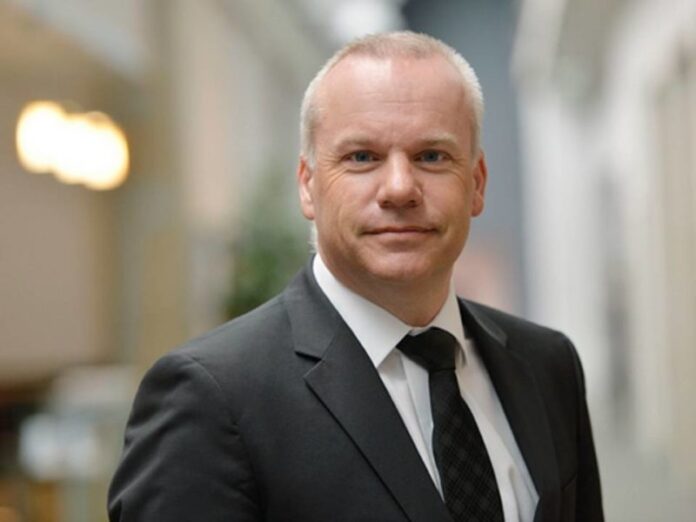Norwegian oil and gas major Equinor has revealed its ambition to become a net-zero company by 2050 as its new boss is taking over his position. The new CEO is meant to speed up the company’s push towards energy transition.
Anders Opedal is taking over the role of Equinor CEO from Eldar Sætre, who is retiring after six years as CEO and more than 40 years in the company.
Opedal is meant to accelerate Equinor’s development as a broad energy company and increase value creation for the company’s shareholders through the energy transition.
In an update on Monday, Equinor firmed up its ambition and commitment to become a net-zero energy company by 2050.
According to Equinor, the ambition includes emissions from production and final consumption of energy.
It sets a clear strategic direction and demonstrates Equinor’s continued commitment to long-term value creation in support of the Paris Agreement.
Anders Opedal, who officially took over the position as Chief Executive Officer (CEO) and President of Equinor on Monday, said: “Equinor is committed to being a leader in the energy transition. It is a sound business strategy to ensure long-term competitiveness during a period of profound changes in the energy systems as society moves towards net zero. Over the coming months, we will update our strategy to continue to create value for our shareholders and to realise this ambition”.
“Equinor has for years demonstrated an ability to deliver on climate ambitions and has a strong track record on lowering emissions from oil and gas. Now, we are ready to further strengthen our climate ambitions, aiming to reach net zero by 2050”, Opedal said.
Equinor also said it expects to deliver an average annual oil and gas production growth of around 3 per cent from 2019 to 2026.
The Norwegian major noted it will continue to develop competitive and resilient projects whilst maintaining industry-leading recovery rates, unit costs and carbon efficiency by optimizing its portfolio through financial discipline and prioritization.
The net-zero ambition will strengthen future competitiveness and value creation at the Norwegian continental shelf (NCS). Equinor’s plans for production, development and exploration at the NCS remain firm.
Equinor is preparing for an expected gradual decline in global demand for oil and gas from around 2030 onwards. Value creation, not volume replacement, is and will be guiding Equinor’s decisions.
In the longer term, Equinor expects to produce less oil and gas than today.
To develop Equinor as a broad energy company, renewables will be a significant growth area.
Equinor has previously set ambitions for profitable growth within renewables and expects a production capacity of 4-6 Gigawatts (GW) by 2026 and 12-16 GW by 2035.
Equinor now plans to expand its acquisition of wind acreage, with the aim of accelerating profitable growth and will continue to leverage its leading position in offshore wind.
















